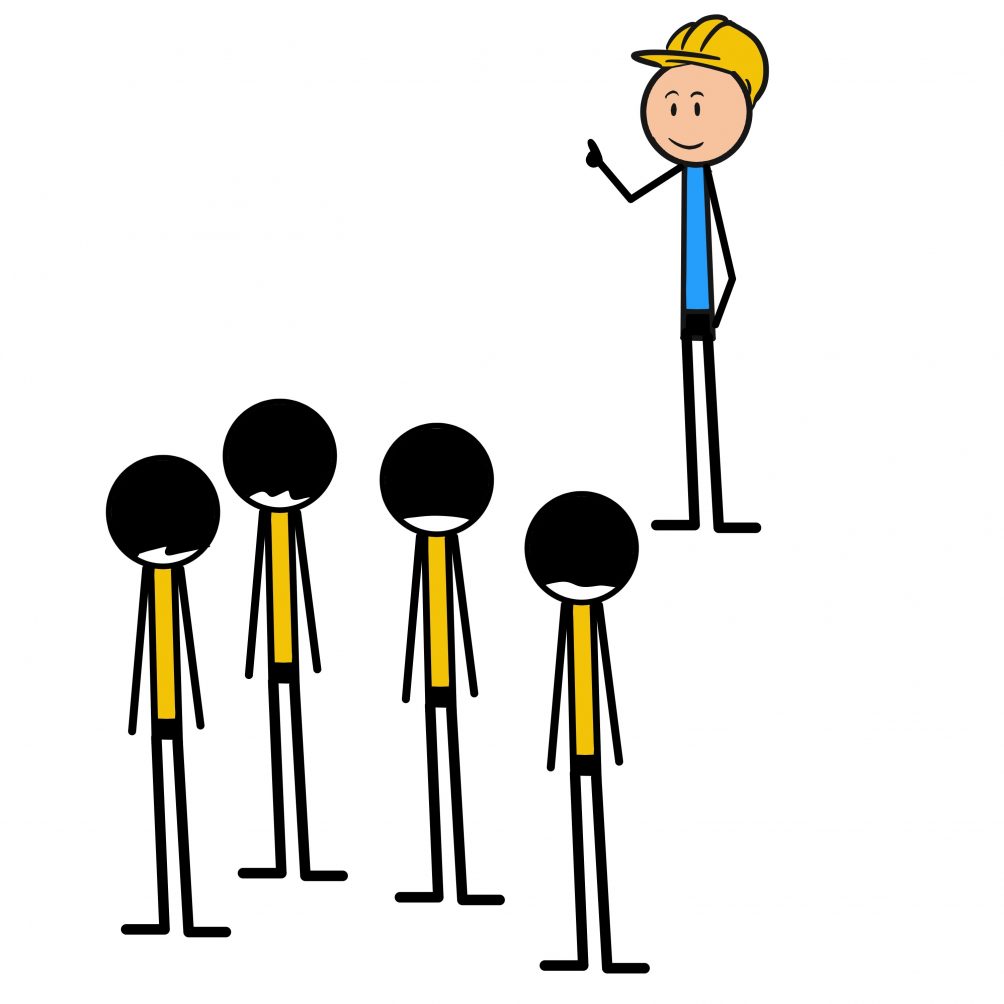I was at an engineering conference (called CEPSI) held in Bangkok in 1982 and the allegedly eminent speaker had just taken to the podium. I was sweating and was nervous – I was up next! What then followed was a lesson never to be forgotten.
Towards the end of the speaker’s allotted 15 minute window the timing ‘traffic light’ system (green is good) turned yellow (3 minutes left – time to start winding up). The speaker ignored the yellow light and did not move towards winding up. The light then turned red (time up – please make way for the next speaker). The speaker ignored the red light. Rather embarrassingly the Conference Chair asked the speaker to stop. The speaker ignored the chair. Eventually the speaker’s microphone was unplugged and he was gently removed from the stage in complete silence.
If you do not want your presentation to be remembered for the wrong reasons then please read on. I made the transition from a professional electrical engineer into senior management over a period of years and learned valuable lessons on the journey. I want to share some of my lessons in this article by focussing on the 3 most common failings I have witnessed engineers making over the years. Here are my presentation tips for engineers: –
1. The Audience – ignore them at your peril
With over 50 years experience as a professional engineer and executive manager I have witnessed numerous examples of engineers giving excellent presentations to technical audiences for ‘information’ purposes which were successful. However, the same presentation then failed miserably when repeated to a senior management team for ‘funding’ approval.
The audience are the final and only arbitrators, and the only players that decide how well the presentation went. In striving for ‘technical’ glory speakers forget the basics about their audience:
- Who are they.
- What experience do they have in this are.
- Why are they there.
- What do they want from my talk.
- Get it right at the source and keep the audience at the front of your mind all the way through.
2. Too much detail – presentation or lecture?
We engineers love detail. Equations, graphs, charts and complex algorithms etc are what the universe is all about to us. Perhaps this trait stems from the early years at university where most assignments would be poorly scored by lecturers if the supporting proofs and theorems were not articulated in great detail.
However, for many presentation situations too much detail is a hindrance to the audience, especially if they are not technical experts. Over the years I have regularly been frustrated by engineers and scientists, eminent in their particular field, where the opportunity to engage audiences was lost by far too much attention to technical details.
For example at the 1986 CEPSI conference in Jakarta a fascinating Japanese paper on ‘treeing’ within 400Kv XLPE cables resulting in catastrophic failure was presented. However, most of the presentation focussed on the extremely complex chemistry model which few understood. If only the speaker could have simplified the chain reaction concepts for the majority of the audience and given some practical mitigation advice for practising utility engineers it could have been a classic presentation.
You must avoid stifling the presentation flow with complex technical issues to ensure you keep fully engaged with the audience. Make use of meaningful analogies to translate technical jargon into examples or concepts easily recognised by the audience. I have seen an electric kettle used to great effect in explaining the complexities of an industrial boiler where steam generation and pollution improvements were the issue. In another example a power system optimisation programme using an ‘include all then discard waste’ algorithm was equated by the presenter to a wheat grinding process with the chaff being dissipated by the wind.
Overcome complex technical descriptions with easy to grasp concepts throughout your presentation and the audience will thank you for it. Which leads me to the third of my presentation tips for engineers.
3. Lack of clarity in ‘Key Messages’ – perfect your elevator pitch
The best Managing Director I ever worked for in Hong Kong was both inspirational and supportive but always kept you on your toes. He regularly entertained dignitaries and government officials on the Company boat at weekends with his managers in attendance. However, without exception, just as we were all disembarking at the end of a very convivial day on board he would approach me for a ‘rapid’ summary of some recent incident or fault on the power system when I least expected it. I very quickly learned to perfect my 2 minute response or ‘elevator pitch’ for those occasions and this proved invaluable for my presentation performance and ongoing career.
Before any future presentation try out your elevator pitch several times on different individuals separately, and then bring them together as a group to articulate their recollection of your key messages. If there is consistency in the feedback about the key messages then you are good to go.
Conclusion
Engineers are fantastic at designing, refining and implementing new ideas, concepts and finding solutions to the most demanding situations for the ongoing advancement of society. All the more sad then if the ingenuity, research and development within the profession fails to engage wider audiences. These presentation tips for engineers are designed to help you. Make a start in your next talk by avoiding these 3 pitfalls.
Bill Brown
Director
Speak With Impact


